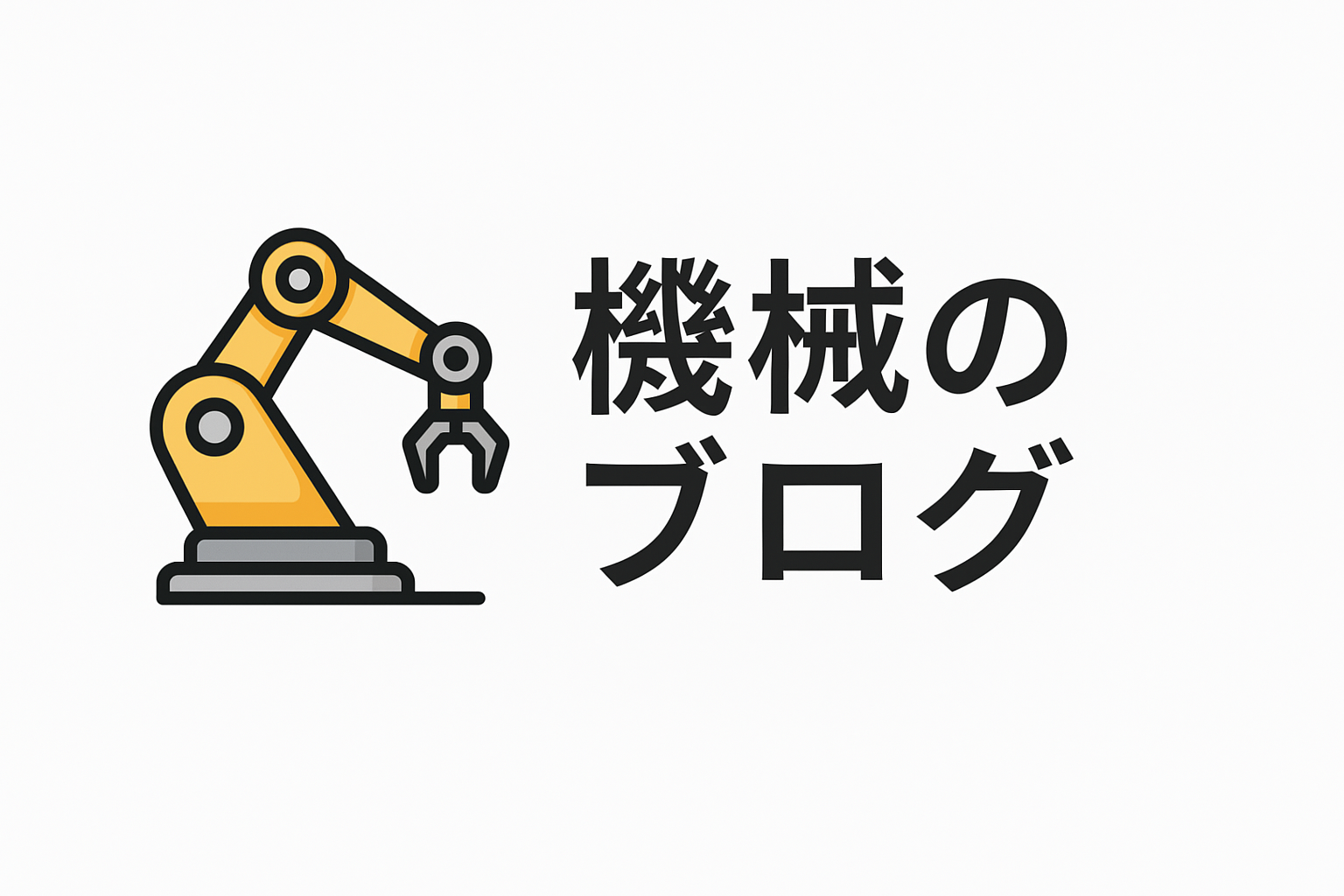Small Business Revolution: The Future of Smart Technology
In today’s rapidly evolving business landscape, small businesses are no longer playing catch-up with their larger counterparts. The advent of smart technology has revolutionized the way small businesses operate, granting them unprecedented access to tools and resources that were once the exclusive domain of large corporations. This article explores the transformative impact of smart technology on small businesses, highlighting key trends, challenges, and opportunities in this dynamic field.
Section 1: The Rise of Smart Technology in Small Businesses
The integration of smart technology into small businesses has been a game-changer. From cloud computing to the Internet of Things (IoT), small businesses are leveraging these technologies to enhance their operational efficiency and customer engagement. The ability to access real-time data and analytics allows small businesses to make informed decisions quickly, providing a competitive edge in the market.
One of the driving forces behind this shift is the decreasing cost of technology. As smart devices and software become more affordable and accessible, small businesses can adopt these tools without the need for significant financial investment. This democratization of technology is leveling the playing field, enabling small businesses to compete with larger enterprises on more equal terms.
Section 2: Key Smart Technologies Transforming Small Businesses
Several smart technologies are at the forefront of the small business revolution. Among them, Artificial Intelligence (AI) stands out as a crucial component. AI-powered applications are helping small businesses automate repetitive tasks, personalize customer experiences, and optimize supply chain management. For instance, AI chatbots handle customer inquiries efficiently, freeing up human resources for more complex tasks.
Another significant technology is IoT, which connects physical devices to the internet, enabling seamless communication and data exchange. For small retailers, IoT solutions can optimize inventory management by automatically tracking stock levels and predicting demand. Similarly, small manufacturers benefit from IoT by implementing predictive maintenance systems that reduce downtime and improve productivity.
Section 3: Overcoming Challenges in Smart Technology Adoption
While the benefits of smart technology are clear, small businesses face several challenges in adopting these innovations. One major hurdle is the lack of technical expertise. Small business owners may not have the necessary skills to implement and maintain advanced technologies, which can hinder their ability to fully leverage these tools.
To overcome this challenge, small businesses can turn to technology partners or consultants who specialize in smart technology solutions. Additionally, investing in employee training and development can ensure that staff are equipped with the knowledge and skills needed to manage new technologies effectively.
Section 4: The Role of Government and Industry Support
Government initiatives and industry support play a crucial role in facilitating the adoption of smart technology among small businesses. Many governments offer grants, tax incentives, and other financial aids to encourage technology adoption. These programs can offset the initial costs associated with implementing smart technologies, making it more feasible for small businesses to embrace innovation.
Industry associations and networks also provide valuable resources and support. By participating in industry groups, small business owners can access networking opportunities, best practice guides, and collaborative projects that boost their understanding and application of smart technologies.
Section 5: Future Trends and Opportunities in Smart Technology
Looking ahead, the future of smart technology in small businesses is promising. As technology continues to evolve, small businesses will benefit from even more advanced solutions that enhance their agility and competitiveness. Emerging trends such as 5G connectivity and blockchain technology offer new opportunities for small businesses to innovate and grow.
5G technology, for instance, promises faster data speeds and more reliable connections, which could enable small businesses to implement more sophisticated IoT solutions and enhance remote work capabilities. Blockchain technology, with its potential to improve transparency and security, could revolutionize supply chain management and transaction processes for small businesses.
Conclusion: Embracing the Smart Technology Revolution
In conclusion, the smart technology revolution presents a wealth of opportunities for small businesses. By embracing these innovations, small businesses can improve efficiency, reduce costs, and better serve their customers. However, successful adoption requires overcoming challenges related to expertise and financial resources, which can be mitigated through government support, industry collaboration, and investment in training. As technology advances, small businesses that are proactive in adopting smart solutions will be well-positioned to thrive in the competitive business landscape of the future.
Ultimately, the future of smart technology in small businesses is bright, and those who are willing to adapt and innovate will lead the way in this new era of digital transformation.









